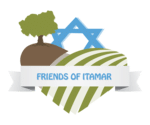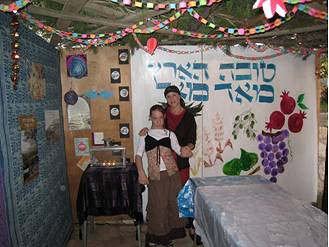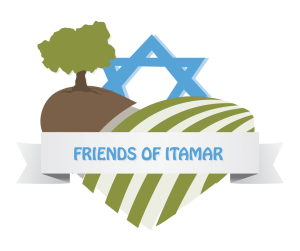Parashat Beshalach
Parashat Beshalach January 18, 2008 When reaching the pinnacle of the Exodus, the splitting of the Red Sea, we can’t help but ask how did Bnei Yisrael continue to complain af
Parashat Bo
Parashat Bo Thursday, January 10, 2008 In the tractate of Sanhedrin 111A our Rabbis criticize the behavior of Moshe Rabeynu and praise the actions of our forefathers. The Talmud ex
Parashat Vaerah
Parashat Vaerah January 3, 2008 Redemption from Egypt did not happen overnight as we know, but stage by stage. The curtain is raised as Bnei Yisrael, Moshe Rabbeinu, Pharoh and the
Parashat Vayigash
Parashat Vayigash December 14, 2007 Determining leadership for the Jewish people has never been an easy thing for any age in our long history. But when a leader’s time comes
Parashat Vayeshev
Parashat Vayeshev November 29, 2007 In these last parshiyot, through the examples of Dina and Yoseph, the substance of Shechem is revealed into 2 separate streams of consciousness.
Parashat Chayeh Sarah
Parashat Chayeh Sarah November 1, 2007 Abraham and Sarah, the founding “parents” of the Jewish people are the first in the world to sanctify G-d’s name. Living a
Parashat Vayerah
Parashat Vayerah Thursday, October 26, 2007 This week’s parasha begins with the verse: “Now G-d appeared to him by the oaks of Mamre, while he was
Parashat Lech Lichah
Parashat Lech Lichah October 19, 2007 Ever since the early days of our forefathers, Hashem established and then maintained a code of conduct that through time became a second natur
Parashat Ki Tavo
Parashat Ki Tavo Thursday, August 30, 2007 Last week’s parasha, Ki Tetzeh, ends with the mitzvah of remembering what Amalek did to us when we left Egypt. This weeks parasha


